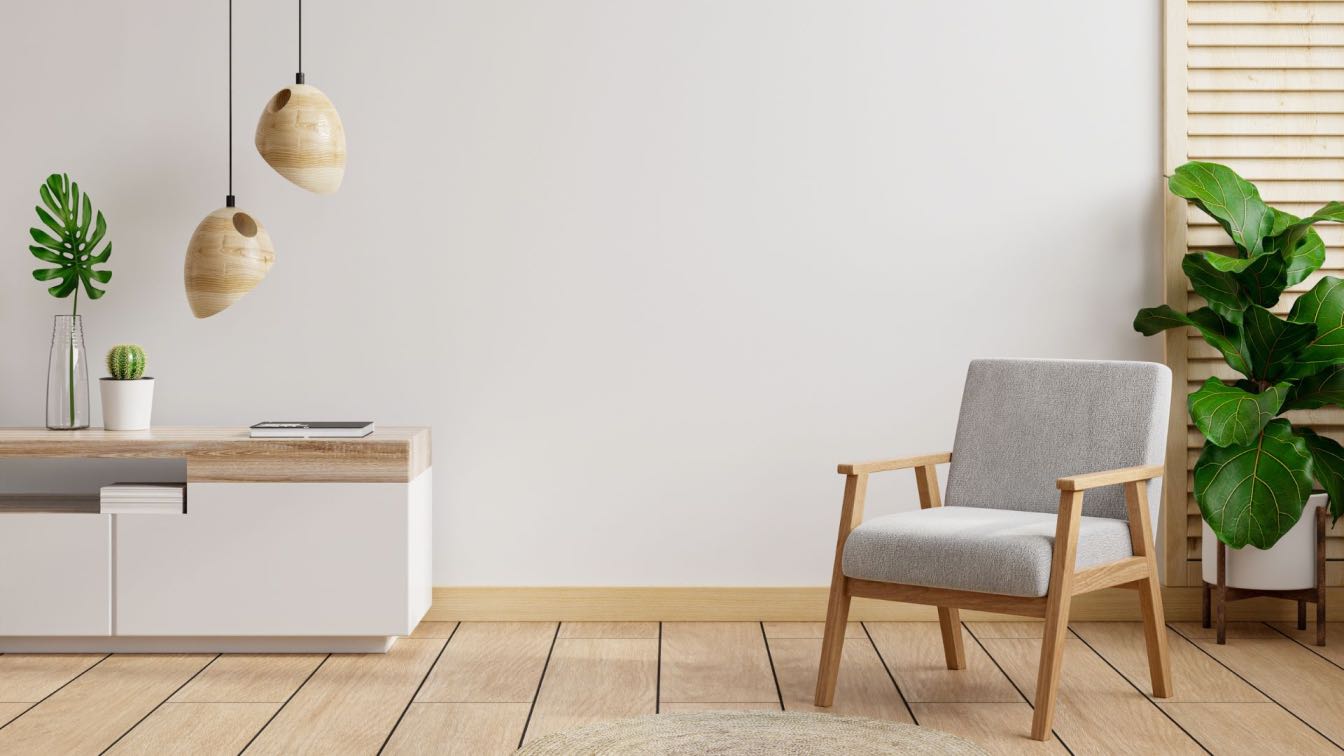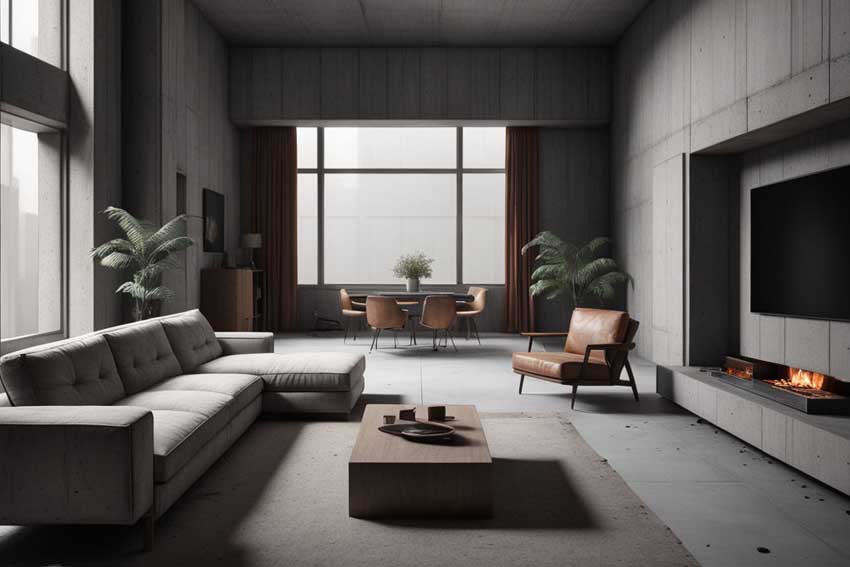The Ultimate Guide to Simplifying Your Home with Minimalism Principles
The Ultimate Guide to Simplifying Your Home with Minimalism Principles
Blog Article
Recognizing Minimalism: Techniques for Minimizing Clutter and Enhancing Quality in Everyday Living
Minimalism is increasingly acknowledged as a viable technique to improving clarity and focus in today's messy world. By methodically evaluating our properties and focusing on intentionality, we can produce areas that not just mirror our values yet also promote psychological wellness. Using techniques such as the "Four-Box" technique can promote a more organized environment, yet truth difficulty depends on cultivating a minimalist mindset that maintains these efforts. Discovering the subtleties of this ideology may expose shocking insights right into just how you can change your day-to-day live. When you welcome this willful simplicity?, what might you uncover.
Defining Minimalism and Its Advantages
Specifying minimalism involves comprehending it as a way of living option that stresses simpleness and intentionality in both everyday regimens and physical ownerships. At its core, minimalism encourages people to prioritize what genuinely matters, permitting a much more meaningful and focused existence. By removing the non-essential, minimalism welcomes people to engage deeply with their experiences and environments.
The benefits of adopting a minimal approach are complex. Firstly, it promotes mental quality, as minimizing mess in one's environment can lead to decreased diversions and stress and anxiety. Individuals often report boosted concentration and improved efficiency when bordered by fewer properties. Minimalism promotes financial liberty; by focusing on needs over desires, people can make even more educated purchasing decisions, leading to potential savings and decreased financial debt. Additionally, a minimalist way of living can generate psychological benefits, as it urges individuals to grow gratefulness of what they have instead than yearning for extra.
Inevitably, minimalism is not merely regarding material reduction yet involves an all natural shift in viewpoint, cultivating a life defined by objective, satisfaction, and balance. Accepting this lifestyle can lead to extensive modifications in exactly how individuals regard and communicate with the globe around them.
Analyzing Your Existing Mess
Mess frequently manifests as an overwhelming buildup of items that no longer offer a function, creating an obstacle to attaining a minimal way of living. Take note of details classifications of things, such as clothes, books, or cookware, as this will help you recognize the scope of the mess.

Additionally, consider the frequency of usage for each thing. If something has actually not served a function in the previous year, it might be a candidate for removal. This analysis will certainly not just clarify your connection with your ownerships yet will likewise establish the structure for effective decluttering in the future. Ultimately, understanding your present clutter is an essential step toward accepting minimalism and boosting clarity in your everyday living.

Practical Decluttering Techniques
Having actually evaluated your existing mess, the following action is to implement functional decluttering strategies that facilitate an even more organized living room. Minimalism. One efficient approach is the "Four-Box" method, where you designate four boxes labeled: maintain, give away, trash, and relocate. This approach encourages quick decision-making and guarantees items are classified properly
One more technique is the "One in, One out" rule, which specifies that for every new thing acquired, an existing product needs to be removed. This principle aids keep balance and stops build-up gradually. In addition, think about the "30-Day Minimalism Video Game," where you remove one product on the very first day, two on the second, etc, cumulatively promoting a feeling of achievement.
For those that battle with psychological add-ons to ownerships, the "Nostalgic Value" strategy can be beneficial. Limit on your own to moved here a particular number of valued things, enabling you to appreciate their importance without frustrating your space. Lastly, develop a routine decluttering schedule, whether month-to-month or seasonally, to maintain a clutter-free environment. By employing these techniques, you can develop an extra calm and efficient space, ultimately boosting clarity in your everyday life.
Developing Deliberate Spaces
Developing intentional spaces entails a thoughtful method to just how we layout and arrange our atmospheres, making sure each area offers a specific purpose and mirrors our values. This practice is necessary in cultivating a sense of clearness and objective in our daily lives. By seriously examining the function of each space, we can remove distractions and boost our general wellness.
To produce intentional spaces, start by identifying the main activities that will check over here certainly happen in each area. For instance, an office must be designed to promote efficiency, integrating aspects such as appropriate lighting, comfy furnishings, and marginal diversions. On the other hand, a leisure location must promote tranquility, featuring relaxing colors and comfy seats.
Additionally, consider the psychological influence of your environments (Minimalism). Incorporating individual products that reverberate with your worths, such as artwork or plants, can enhance the connection to your area. On a regular basis review these settings to guarantee they remain to serve their desired function as your requirements evolve
Ultimately, developing deliberate areas has to do with making aware choices that align with your way of life, advertising harmony and effectiveness in your living and working atmospheres.
Maintaining a Minimalist Mindset
Embracing a minimalist way of thinking calls for recurring representation and intentionality in our thoughts and actions. Set apart time to review your commitments, properties, and even electronic material, ensuring they line up with your core concepts.
This change in viewpoint urges appreciation for simpleness, improving general wellness. Including mindfulness methods, such as meditation or journaling, can better enhance a minimal state of mind by promoting quality and reducing psychological mess.
Additionally, develop borders to shield your time and power. Discover to state no to non-essential commitments and diversions that do not add to your individual development. Surround yourself with similar people who support your minimal journey, as shared values can enhance inspiration and accountability.
Final Thought
Finally, welcoming minimalism provides considerable advantages, consisting of decreased mess and improved clearness in every day life (Minimalism). By systematically examining possessions and carrying out functional decluttering strategies, people can produce this intentional rooms that promote mindfulness and gratitude. Preserving a minimalist frame of mind requires recurring analysis and commitment to simpleness, eventually causing an extra concentrated and satisfying way of living. The concepts of minimalism serve as beneficial tools for cultivating an atmosphere that sustains individual development and wellness.

Additionally, take into consideration the "30-Day Minimalism Game," where you remove one product on the initial day, 2 on the second, and so forth, cumulatively cultivating a feeling of accomplishment.
In verdict, embracing minimalism supplies significant benefits, consisting of minimized clutter and boosted clarity in everyday life.
Report this page